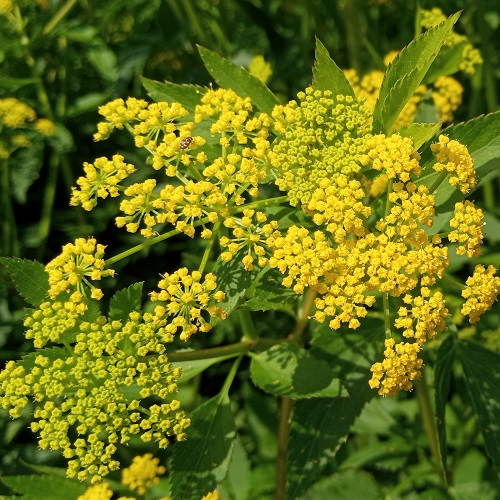Featured Stories

FNR alumna’s wildlife documentary “Dolphin Dilemma” premieres at Cannes Film Festival
Forestry and Natural Resources (FNR) alumna Olivia Andrus-Drennan never expected that an unpaid...

Purdue University, University of Kentucky helping to increase “green” maple syrup production
A multi-university study will focus on sustainable, scalable practices such as energy-efficient...

New "Legendary Leaders" award celebrates study abroad leaders
Inaugurating a new College of Agriculture tradition, faculty and staff recently gathered to...

Purdue-led fishing expedition nets new pupfish family member in New Mexico
Scientists have identified a new member on the genetic family tree of an endangered pupfish...

Thousands of trees, hundreds of volunteers, five years and one giant leap for the Purdue Arboretum
The clayey Indiana soil, still saturated from the last spring shower, squishes under shovels. The...

April showers bring May flowers to Jules Janick Horticulture Garden
The sweet smell of hundreds of blossoms draws pollinators and people alike to the Jules Janick...